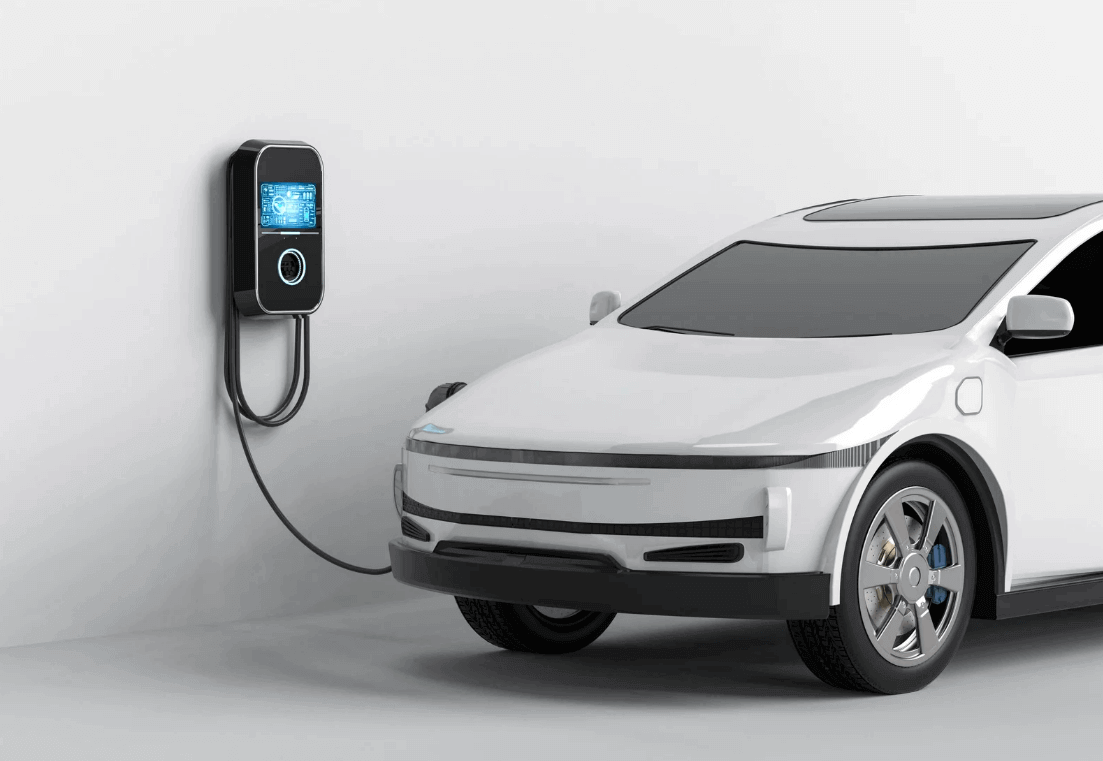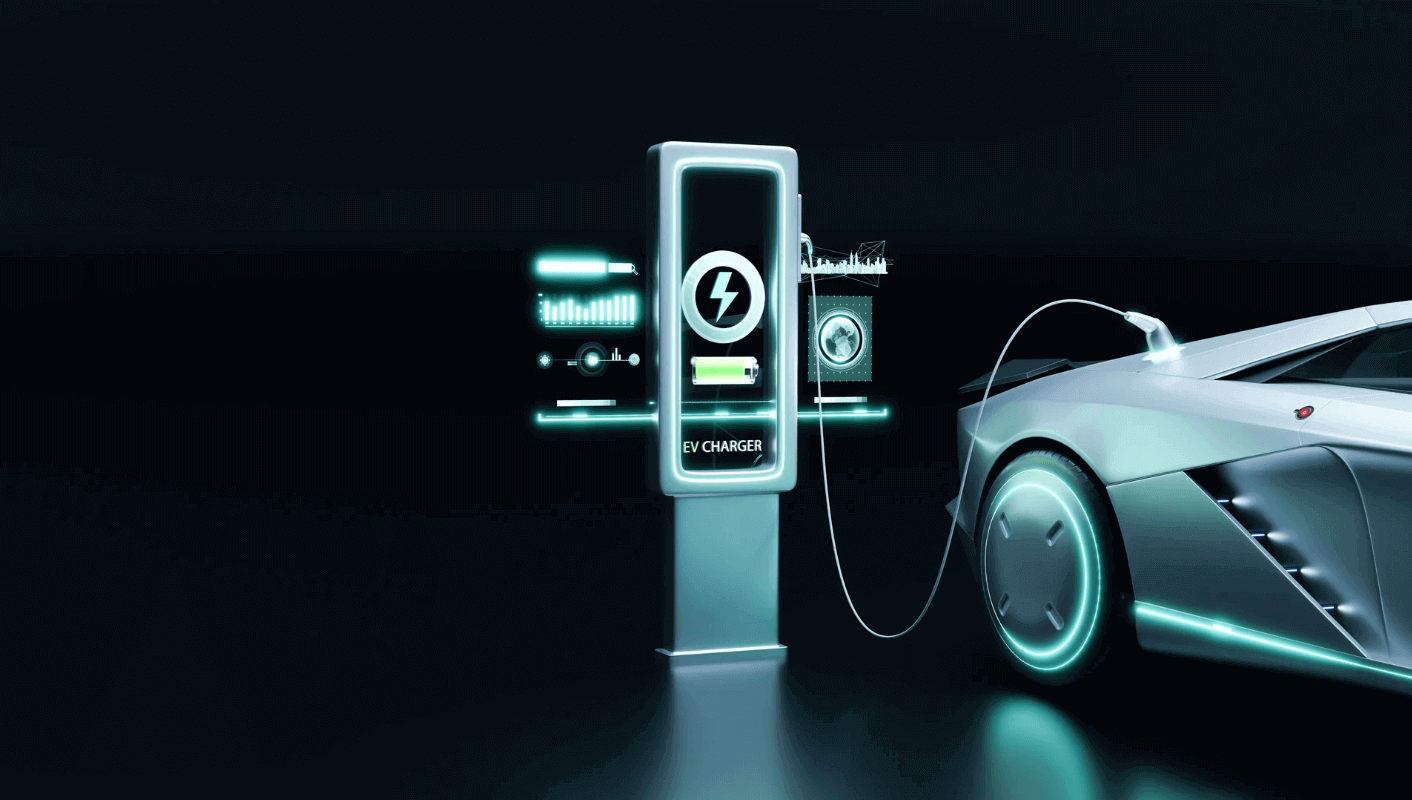Auction, Dealer, or Private Sale? Where Battery Data Is Actually Strongest
Buying a used EV isn’t as straightforward as kicking the tires and checking the odometer anymore. Sure, mileage and service records still matter, but they no longer tell the full story. In this new electric landscape, battery health is everything. It’s the single most important factor influencing resale value, range reliability, and long-term performance.
What most buyers don’t realize? The quality of battery data you get depends entirely on where you’re shopping. Some channels offer clear diagnostics and full transparency. Others give you little more than a guess and a gut feeling.
Why does this matter? Because batteries are expensive, and misjudging their condition could cost you thousands.
In this guide, we break down how different sales channels, auctions, dealerships, and private sellers handle EV battery data, and which ones actually help you make a smarter, safer purchase.

The Auction Advantage: Professional-Grade Testing
In the used EV market, battery condition is the single most important factor influencing value. Mileage and maintenance tell part of the story, but only detailed diagnostics reveal how an electric vehicle will hold up over time.
That’s why auctions stand out. Unlike dealers or private sellers, they’re built around buyers who expect reliable, consistent data. The growth of online car auctions has only sharpened this advantage, making in-depth vehicle insights more accessible than ever.
A leading example is ACV Auctions, where EVs are inspected on-site using standardized protocols before bidding begins. Their reports are uploaded directly to each listing and often include:
- OBD-II scans
- Paint depth and undercarriage imaging
- HD engine sound recordings
- Available battery data, like charging cycles, capacity retention, and cell performance
This structured process gives buyers visibility into how a battery has aged, how it’s been used, and whether it’s likely to deliver long-term performance. It replaces guesswork with verified diagnostics.
In a market where battery uncertainty can lead to expensive surprises, auctions remain one of the most dependable sources for clear, actionable battery information.
Dealer Showrooms: Mixed Results and Marketing Pressures
Car dealerships occupy a middle ground when it comes to EV battery transparency.
Franchise dealers for major brands typically have access to factory-grade diagnostic tools and trained technicians. These tools provide:
- Battery state-of-health reports
- Capacity vs. original specs
- Charging history, thermal data, and software-level diagnostics
This data is often part of Certified Pre-Owned (CPO) evaluations, though it’s not always disclosed unless asked for.
Independent dealers, on the other hand, often rely on third-party inspections with limited depth. Without OEM tools, they may miss key indicators like cell balance or thermal performance.
The dealership environment itself adds complexity. Sales urgency can lead to oversimplified assessments or incomplete disclosures. Even when battery data exists, it’s not guaranteed to be part of the pitch.
Still, dealers offer some benefits:
- Basic warranties (sometimes battery-specific)
- Return policies or consumer protection coverage
- Financing and bundled services
If you’re buying from a dealer, make battery health part of the conversation, and ask for documentation up front.
Private Sales: Buyer Beware Territory
Private EV sales typically come with the least battery transparency. Most sellers don’t have access to professional diagnostics and rely on general claims like “it charges fine” or “range is still good.”
Some experienced sellers, especially those with high-value EVs, may invest in third-party inspections. These can include:
- Capacity and degradation tests
- Voltage and cell health analysis
- Charging pattern and thermal efficiency checks
Still, reports vary in quality. Buyers need to confirm that inspections are recent, credible, and thorough.
Documentation like charging logs or service history is often incomplete or unavailable, and there are no warranties or dealer protections to fall back on.
That said, private sales can offer:
- Flexible pricing based on inspection findings
- Real-world usage insights from long-term owners
For serious purchases, an independent battery inspection is highly recommended. It’s the best way to avoid expensive surprises.

Technical Testing Standards: What Actually Matters
Not all battery data is created equal. These are the core diagnostics that matter most when evaluating a used EV:
- Capacity testing: Measures how much charge the battery retains compared to original specs, key to understanding range.
- Internal resistance: High resistance affects efficiency and may signal degradation, even with decent capacity.
- Cell balance: Unbalanced cells can trigger stress across the pack and reduce lifespan.
- Thermal management checks: Ensures the cooling and heating system regulates battery temperature effectively, critical for longevity and safety.
- Charging cycle history: Fast-charging frequency, depth-of-discharge, and charging habits shape long-term battery health.
- Software logs: Show whether faults have occurred and how the battery management system has responded.
These insights typically require professional-grade diagnostics and aren’t standard in most private or independent dealer sales. If they aren’t provided, consider requesting them or investing in a third-party EV battery health check.
Final Thoughts on Battery Data
In today’s used EV market, battery health isn’t just a spec; it’s the dealbreaker. Whether you’re buying through an auction, a dealer, or a private seller, the real value lies in how much you know about the battery’s past, present, and future.
The channels that win aren’t just selling cars, they’re selling clarity. Look for the ones that give you the data before you even ask for it.
Because at the end of the day, it’s not just about buying electric. It’s about buying smart.

